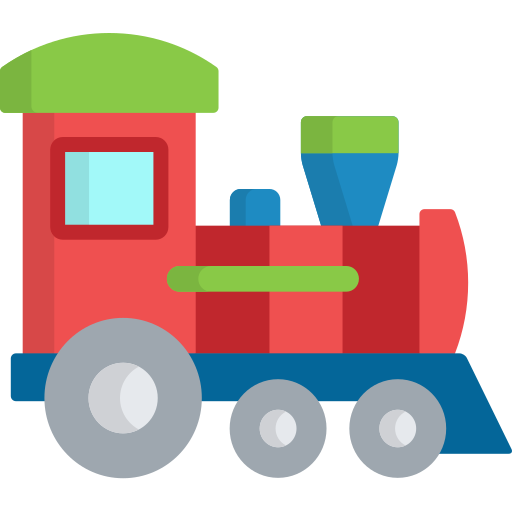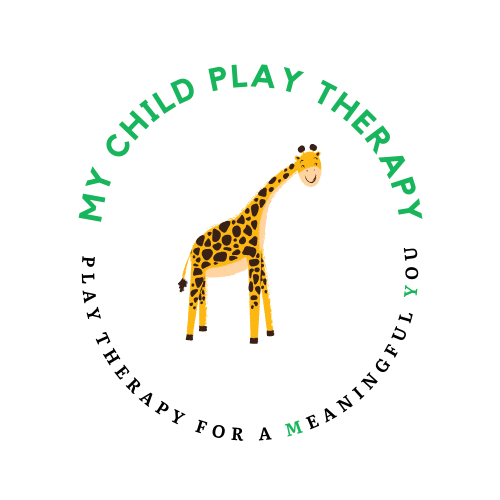Play and Child Play Therapy
Play
From newborns to teenagers, children use movement, language, and symbols in their play actions to express themselves and make sense of the world around them.
Normative is play focused and joyful, and engaged in for no other reason than a child’s pleasure. In the state of play, children are more available to learn.
During the early years the opportunity for play is fundamental to healthy childhood development, and proven to be an important precursor to the development of literacy and critical thinking.
Child Play Therapy
Theoretically derived,
Developmentally sensitive
Theoretically derived,
Developmentally sensitive
Theoretically derived,
Developmentally sensitive
Child Play Therapist and client
The Therapeutic Powers of Play
The ‘Therapeutic Powers of Play‘ are the mechanisms play therapy utilises to facilitate growth and positive change.

Facilitates Communication
Self expression
Access to the unconscious
Indirect teaching
Direct teaching

Increases Personal Strengths
Self-regulation
Problem solving
Resilience
Accelerated development
Moral development
Self-esteem

Enhances Social Relationships
Social competence
Empathy
Attachment
Therapeutic relationships

Fosters Emotional Wellness
Catharsis
Counter-conditioning fear
Abreaction
Positive emotions
Stress inoculation
Stress management




Benefits Of Child Play Therapy
Clinical evidence supports the use of Child Play Therapy with clients of varying backgrounds and presentations.
It is effective in improving the experience of social, emotional or behavioural challenges. This is possible through:
- Reduction of disruptive behaviours, anxiety, problems with attention and focus.
- Improvement of emotional self-regulation, self-awareness, confidence, identity, social skills, and academic success.
- Improvement of individual family-member relationships and overall family functioning.
Who Can Benefit From Play Therapy
Children & Families
Experiencing:
-
Family structural changes
(divorce, death, a new sibling) -
Life changes
(change in living circumstances, a new school) - Stress
- Social, emotional or behavioural challenges
- Trauma, both past or ongoing
Children Living
With:
- Autism Spectrum Disorder (ASD)
- Attention Deficit Hyperactivity Disorder (ADHD)
- Disability, including learning disabilities
- Illness or injury, acute or ongoing
- Developmental delay
- Mental health concerns, such as anxiety or depression
This list is by no means exhaustive
If you think your child would benefit from M.C.P.T. services please be in touch. It is possible to integrate services with those already in place, such as psychology, O.T. and speech therapy.
If you are a parent or care-giver who would benefit from learning therapeutic play skills to support you relationship with your child, please be in touch.
If you are an organisation involved in paediatric education or care, and believe that your educators or carers would benefit from learning therapeutic play skills to support their educator-child relationships, please be in touch.
